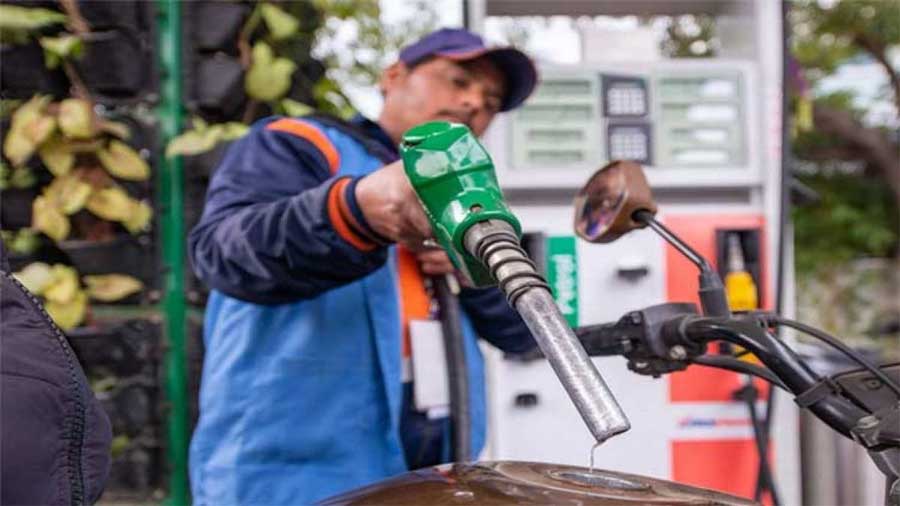Monitoring Desk
ISLAMABAD: Monday, the International Monetary Fund brought back Pakistan’s programme and its board approved a $1.16 billion loan. This ended months of uncertainty that had gotten worse in the last three days because of what the Pakistan Tehreek-e-Insaf was doing.
The international lender also agreed to increase the size of the loan to about $7 billion and make it last until June 2023.
All of the executive directors agreed with Pakistan’s request for a loan and an extension, except India, which didn’t vote. The board members had questions about Pakistan’s decision to go back on the promises it made in February, but they also understood that Pakistan had to take steps that were hard from a political point of view in order to get the programme going again.
Pakistani officials say that the Board has approved the completion of the combined 7th and 8th review under the EFF and the release of the tranche of SDR 894 million, or $1.16 billion.
The Board also agreed to keep the programme going until June 30, 2023, and to give more people access to it by 720 million SDR, or $930 million. With the increase, the size of the programme has grown to SDR4.988 billion, which is equal to 245.6% of Pakistan’s quota.
According to the sources, the IMF Board sent condolences and sympathy to the Pakistani government for the terrible loss of life and livelihoods caused by the floods in the country. The board liked that the Pakistani government tried to get the programme back on track and recommitted to the policies and goals of the programme.
According to the agreement, Pakistan will have to show a primary budget surplus of Rs153 billion, which is equal to 0.2% of the GDP, until it is changed by the IMF staff and Pakistan.
According to the sources, the executive directors from the UAE, Saudi Arabia, and Qatar also promised to give Pakistan more money, which is what Islamabad and the IMF staff had agreed to.
The Pakistan Tehreek-e-Insaf (PTI) government that was in power before signed the 39-month EFF in July 2019 to avoid not being able to pay its foreign debts. But the country stayed in chaos, and even though it stayed in the IMF programme, its foreign exchange reserves stayed low because its external debt made it more vulnerable.
Due to problems with how the EFF programme was set up, goals that were too high, and a lack of political will to carry out what former prime minister and PTI leader Imran Khan had agreed to, the programme was put on hold for almost two years out of three.






